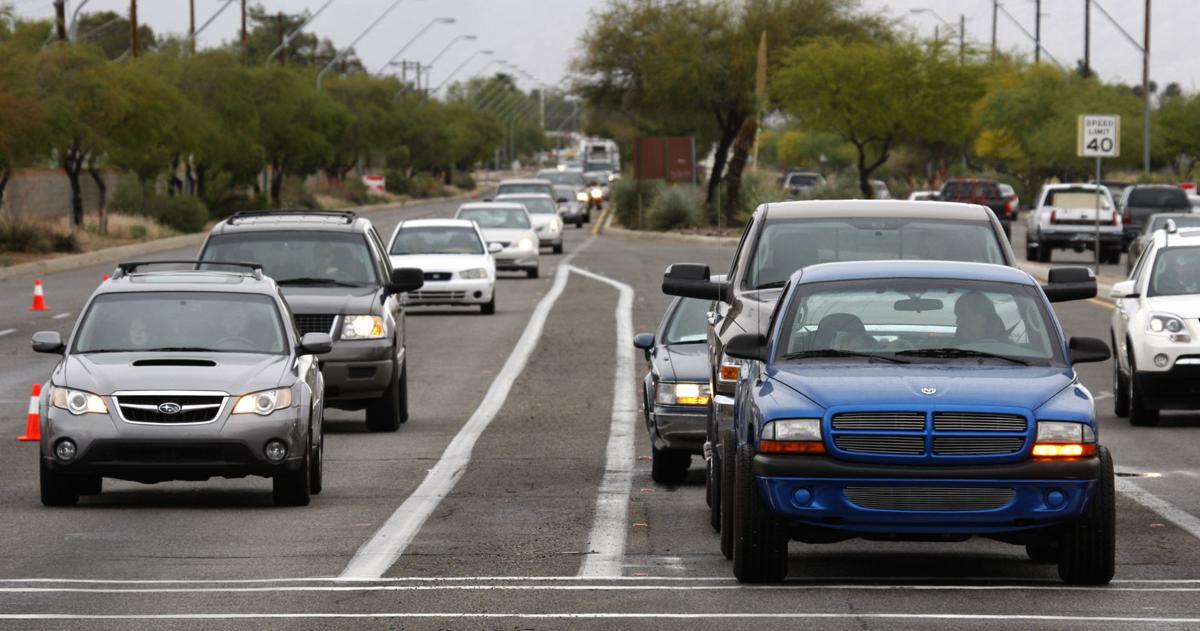PHOENIX — Getting ready to renew the registration on your car or truck?
You might want to choose the one-year option.
On a 57-3 margin Monday the state House voted to scrap its year-old plan to fund the highway patrol with a fee to be determined by John Halikowski, head of the Arizona Department of Transportation.
Rep. Noel Campbell, R-Prescott, had said the fee would be in the range of $18 a year. But lawmakers quickly soured on the proposal when the ADOT director pegged the fee at $32.
Instead, the House is replacing the plan with a new bill to give Halikowski the power to set the fee, but with a critical difference: It limits what he can charge to $18.
What makes this important to vehicle owners is that registration renewals going out now include the $32 fee. So, for those who choose the convenience of a two- or five-year renewal, that $32 fee is being assessed for each year.
This measure, House Bill 2320, assuming it becomes law, can’t take effect before the summer. And registration renewals are usually due at the end of the month they’re mailed out.
But if it does become law, collecting the full $32 would no longer be legal at that point.
That means those who choose a one-year renewal now won’t see the full fee when they get their 2020 renewal notices.
All that, of course, presumes that Gov. Doug Ducey, who liked the original version, will sign the stripped-down measure.
The state, in a budget-saving maneuver, has for years partly funded highway patrol through gasoline taxes. The result has been less money for road construction and repair. Campbell pushed last year’s fee authorization as a solution for preserving the road funds.
Just the publicity about repeal efforts is having an effect.
ADOT, which began sending out renewal notices with the $32 fee in December, already has seen an increase in the number of vehicle owners who are taking a wait-and-see attitude, choosing a one-year renewal, said agency spokesman Doug Nick.
Not everyone was pleased with the revised fee.
Rep. Pamela Powers Hannley, D-Tucson, said a flat fee, whether $32 or $18, is unfair. She said those with more expensive vehicles should pay more, with a lower assessment on those who own a car “that just barely gets them to work.”
Monday’s House vote sends the measure to the Senate.
The real opposition could come from Ducey, who was counting on the full $185 million from the $32 fee in his proposed state budget. With HB 2320 he will come up $47 million short.
Gubernatorial press aide Patrick Ptak sidestepped the question of whether Ducey will sign or veto the fee reduction.
He said Ducey’s main concern is that any adjustment of the fee must keep in mind the need for cash for road construction and repairs, especially in rural areas where resources are badly needed.





